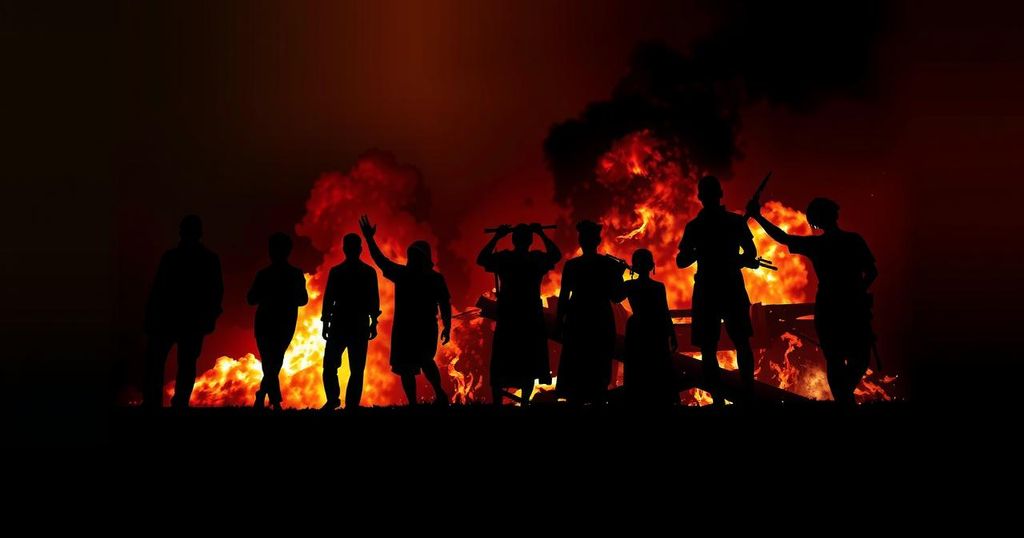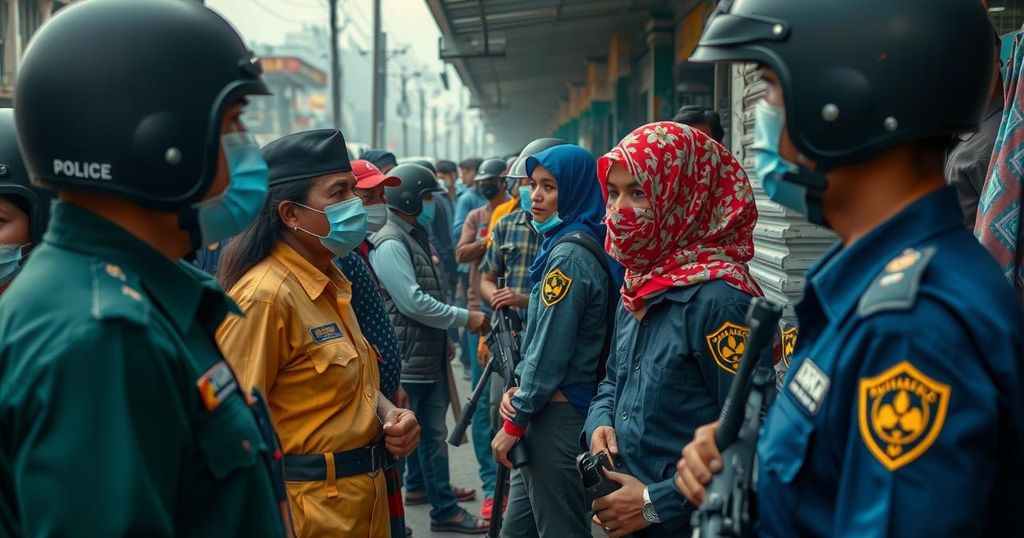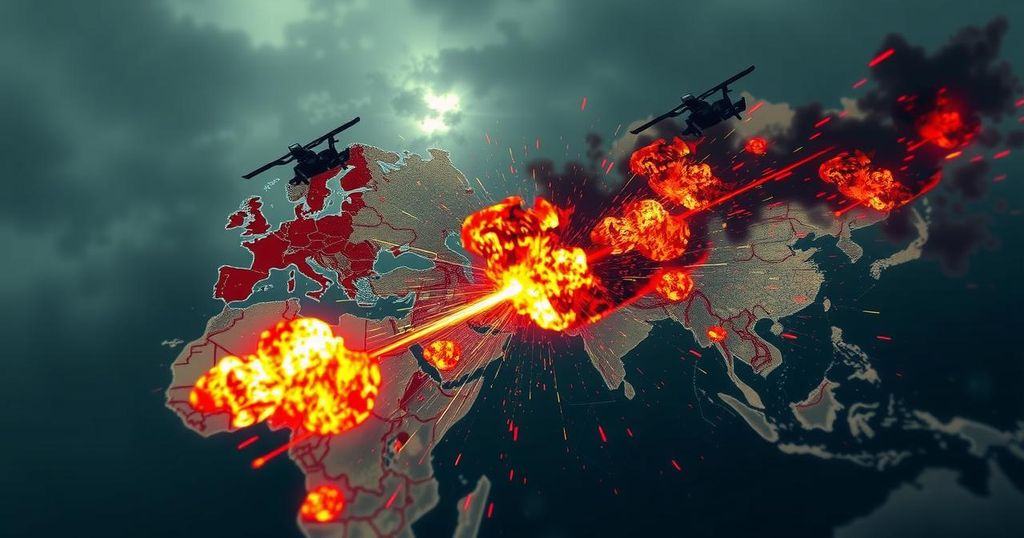Ethiopia’s Civil Unrest: A Growing Crisis in the Horn of Africa
The ongoing civil war in Ethiopia has garnered significant attention in recent times, with reports detailing the harrowing developments arising from the conflict. Specifically situated in the northern region of Tigray, the situation has evolved into a brutal and devastating state of affairs, prompting widespread shock and concern within the global community.
In light of information provided by Amnesty International, women in Tigray have recounted distressing experiences of prolonged detention and relentless instances of gang rape, at times in the presence of their own relatives. Allegedly perpetrated by Ethiopian and Eritrean soldiers, these acts of violence have also included reports of assault employing nails and rocks. Although the Ethiopian government initially dismissed these allegations as “propaganda,” the Ministry of Women’s Affairs has since acknowledged the occurrence of these abhorrent crimes.
It is imperative to acknowledge that both factions embroiled in the conflict have been implicated in committing grave atrocities. Militias aligned with the Tigray People’s Liberation Front (TPLF) stand accused of slaughtering hundreds of individuals belonging to the Amhara ethnic group, with whom the TPLF has historically held antagonistic relations. The crisis has reached a critical juncture, extending its repercussions to other areas of the nation and jeopardizing the overall stability of Ethiopia.
As the second most populous country in Africa, Ethiopia confronts an unprecedented crisis carrying the potential for catastrophic consequences. The conflict has resulted in a staggering loss of life and has displaced nearly two million individuals. Furthermore, the strife has posed a threat to crucial trade routes and access to essential resources, such as water and food supplies, exacerbating the situation amidst longstanding ethnic tensions within the country.
The widespread implications of this crisis have captured the attention of the international community. Turkey’s involvement in the conflict suggests the possibility of broader international ramifications, with President Recep Tayyip Erdogan pledging military assistance to Ethiopia. This development holds the potential to strain diplomatic relations in the region, particularly with nations like Egypt, which harbors its own disputes with Ethiopia regarding water rights.
The current state of affairs in Ethiopia is both intricate and profoundly distressing. Originating as a regional conflict, it has snowballed into a full-fledged crisis that stands to destabilize the entire Horn of Africa. It is imperative for the international community to unite in addressing this urgent matter and to mitigate further suffering and devastation in Ethiopia.








Post Comment